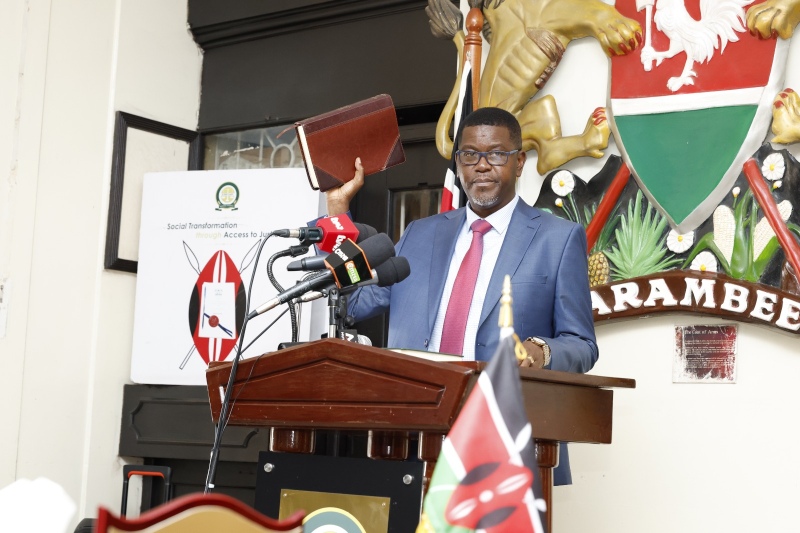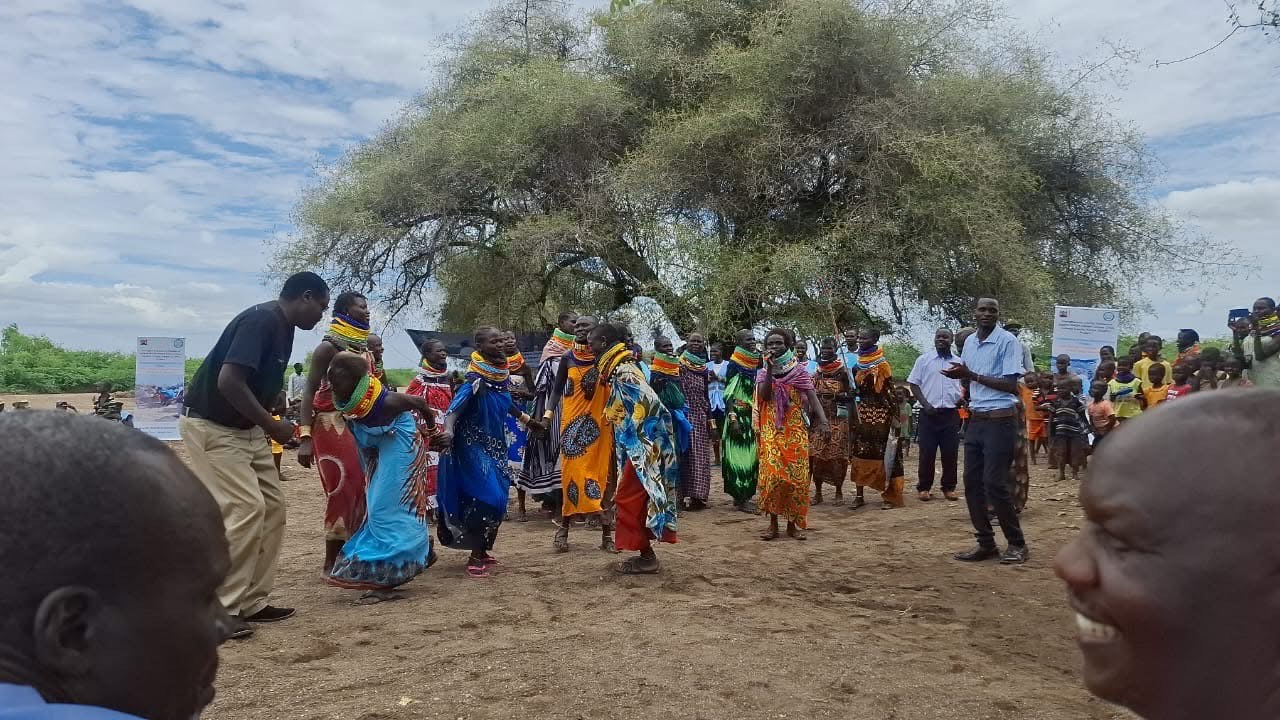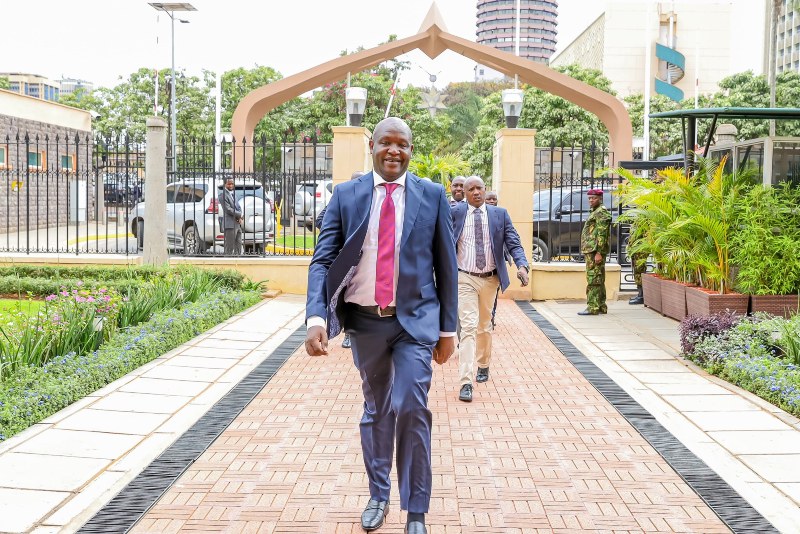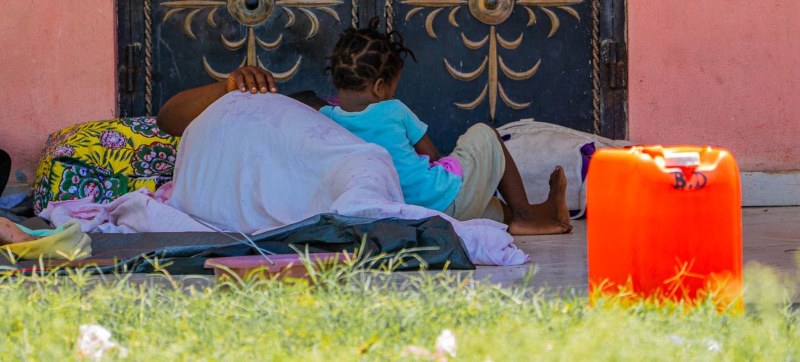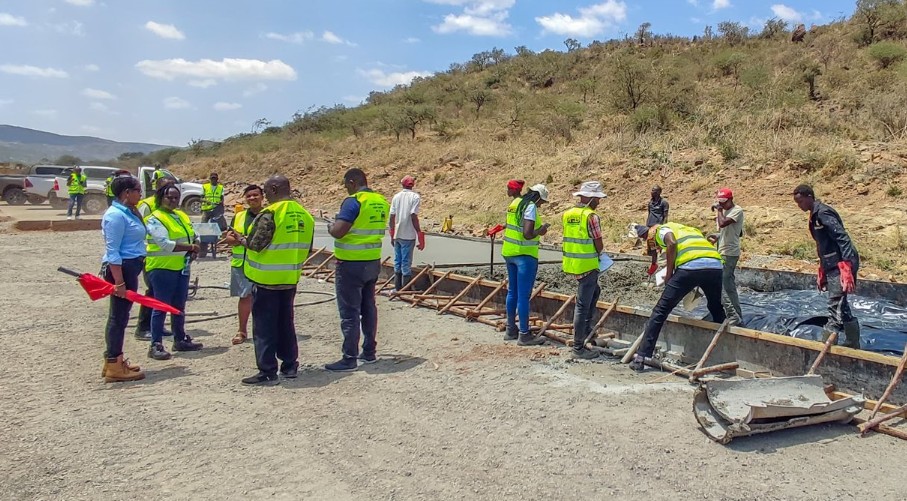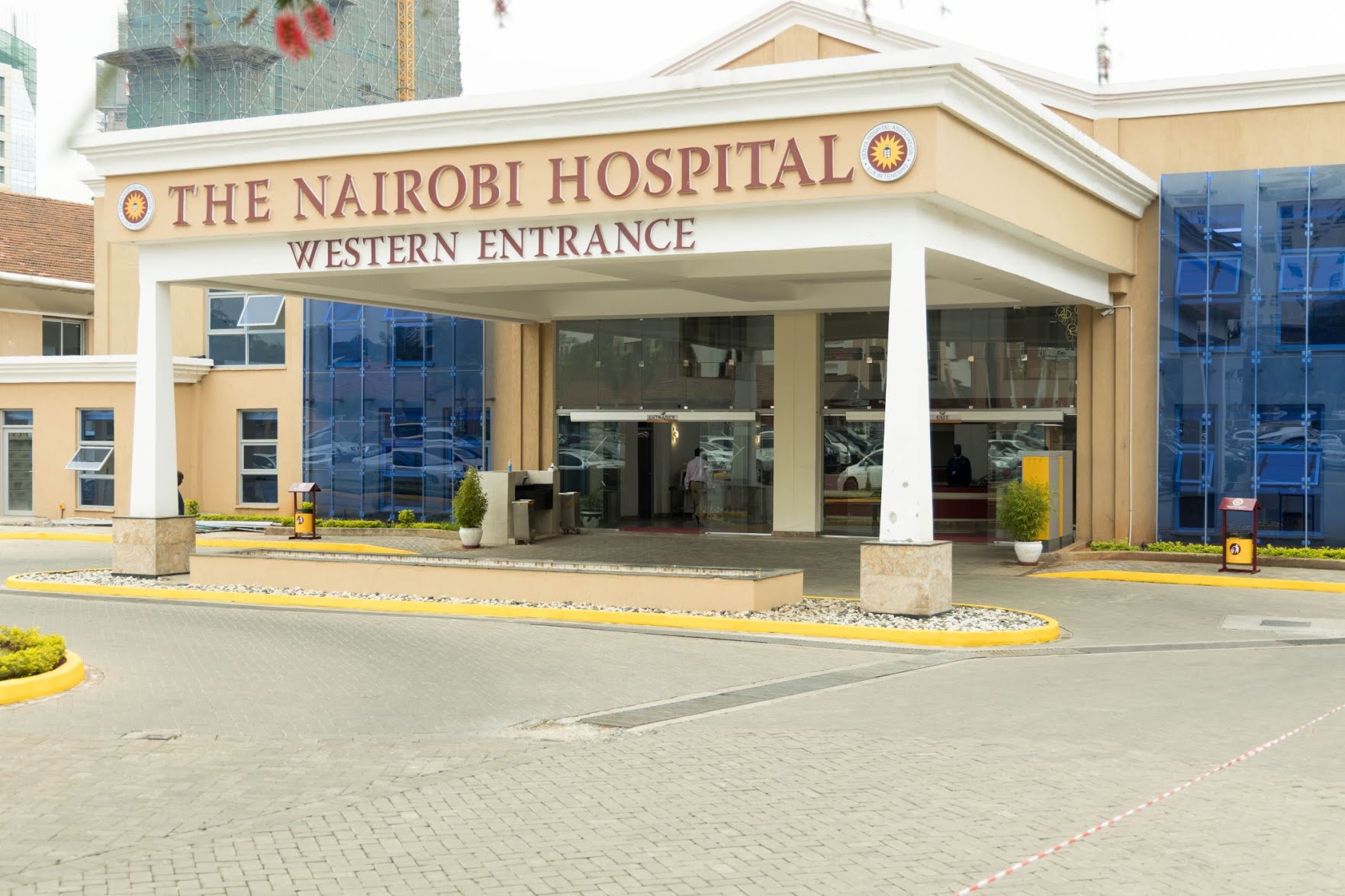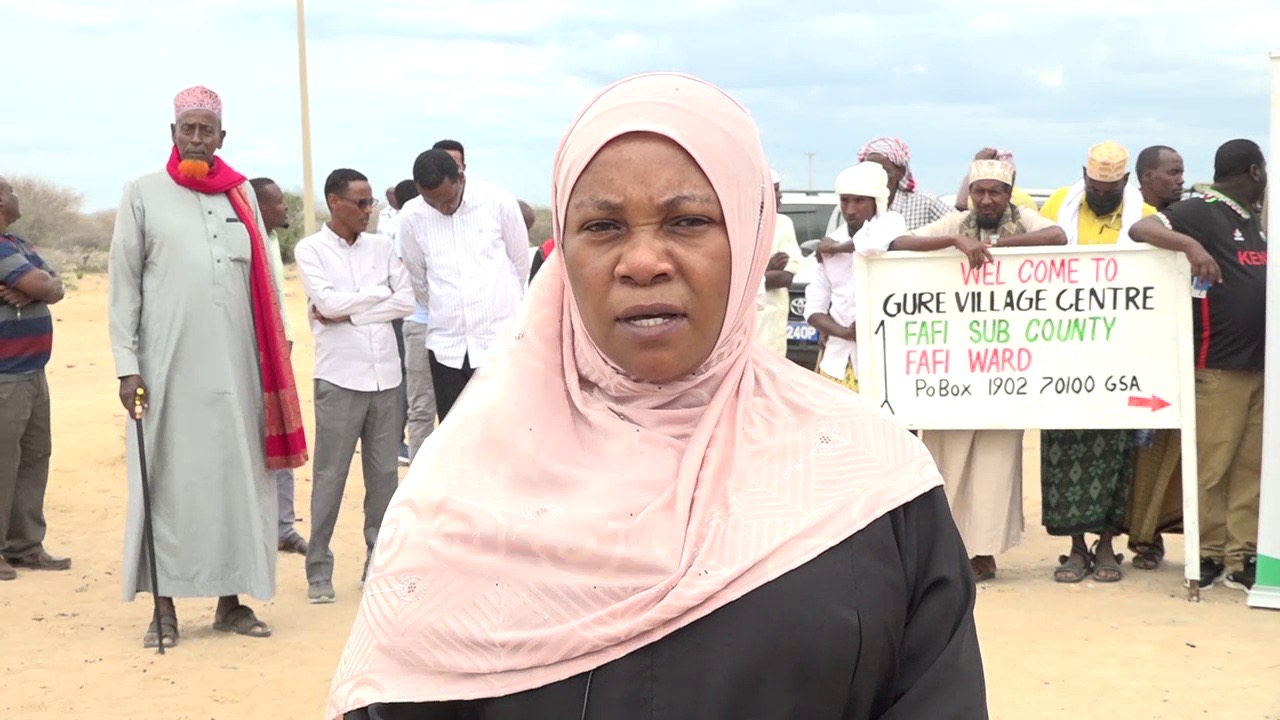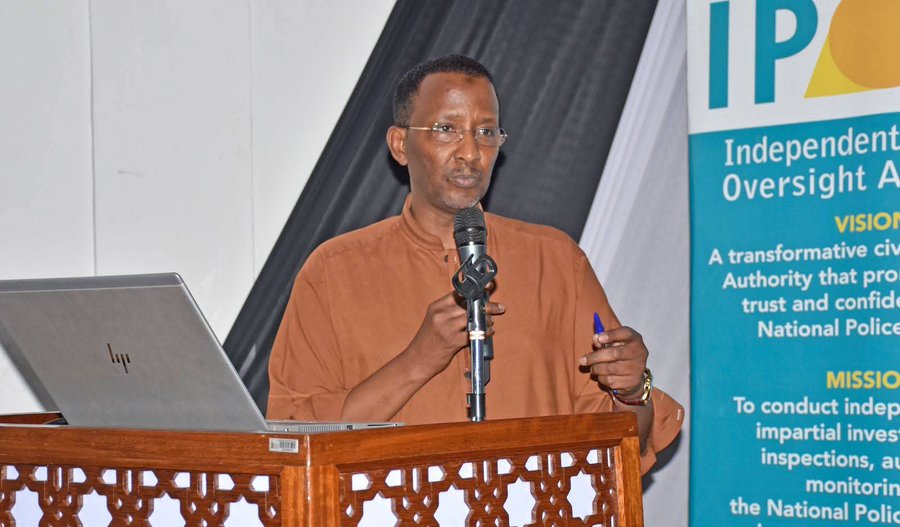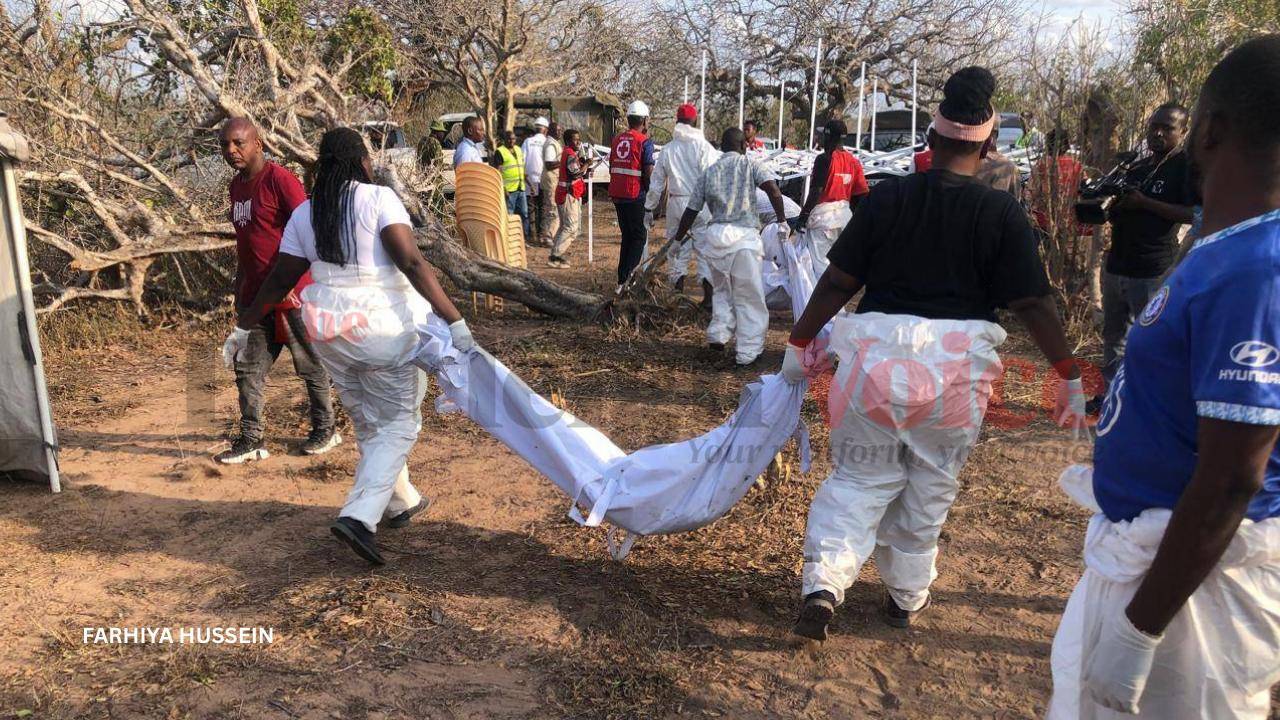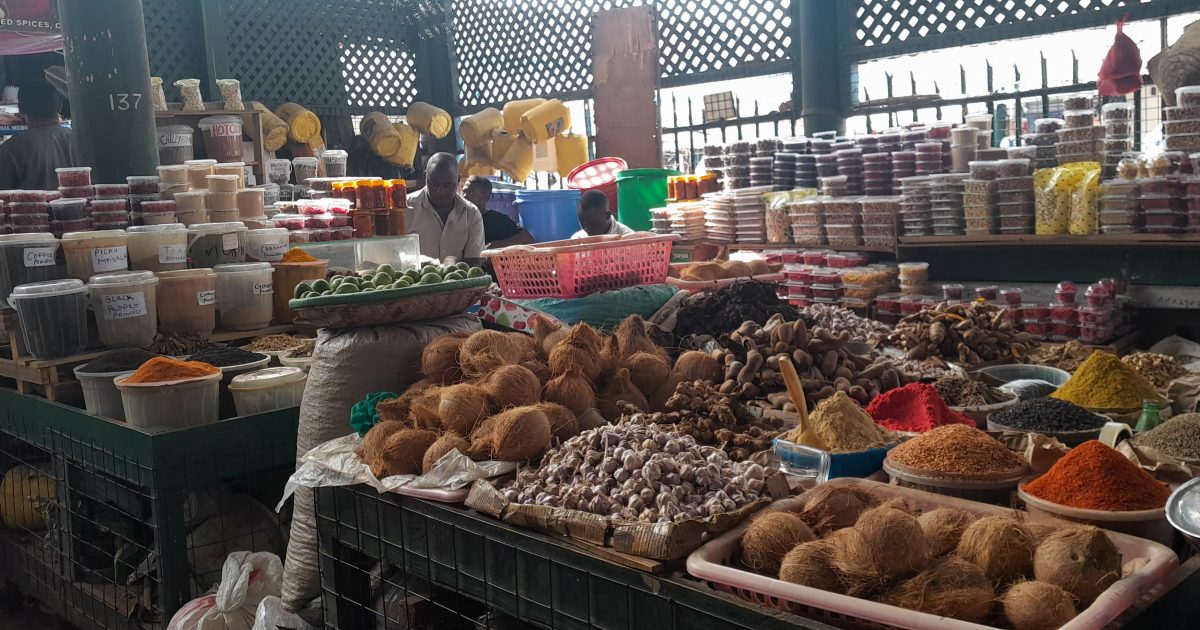From streets to stability: How youth are transforming lives through food waste recycling
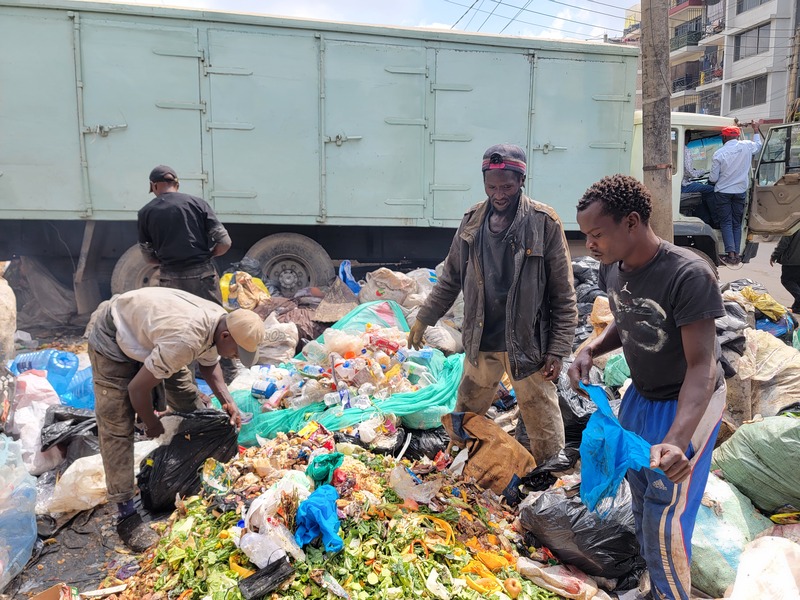
The food waste collected is packed into 50-kg bags and sold to farmers in need of animal feed, such as those raising chickens, pigs, and other livestock. The demand, especially from clients in Kiambu, continues to increase daily.
At the age of 7, Abubakar Hassan found himself on the streets of Nairobi after running away from his home in Nyeri. He was in search of a better life after escaping poverty.
Homeless and feeling helpless, Abubakar said during his early years, he survived mainly by begging since no one was willing to employ him and his friends.
More To Read
- Unseen and unprotected: The hidden workforce battling Kenya’s waste crisis
- From crime to service: How 'most feared' Pangani youth transformed their lives
- Step-by-step guide: How to reduce food waste at home
- Eastleigh residents demand action over blocked sewage system along California's Marimbi Street
- Eastleigh traders battle food waste for lack of storage equipment
"When you're on the streets, people take advantage of you because you're helpless, and that's the abuse I endured for years until I grew up," said Abubakar.
"We survived on glue, begging, and eating from the trash because that's all that was available," he said. This difficult situation persisted until he turned 14 and joined the Backyard Self-Help Group, which has since proven to be beneficial for him.
"At Backyard Self-Help Group, we recycle many things, but what sustains us and what we cherish is the food waste from households in Eastleigh and Pumwani areas, which we collect for free and sell," said Abubakar.
He described the group's operation, where teams of three are assigned specific buildings to collect food waste and other items every morning at 3 am.
"My friends and I gather the waste from different buildings, sort through the food waste and other trash, and bring it to the self-help group," he said.
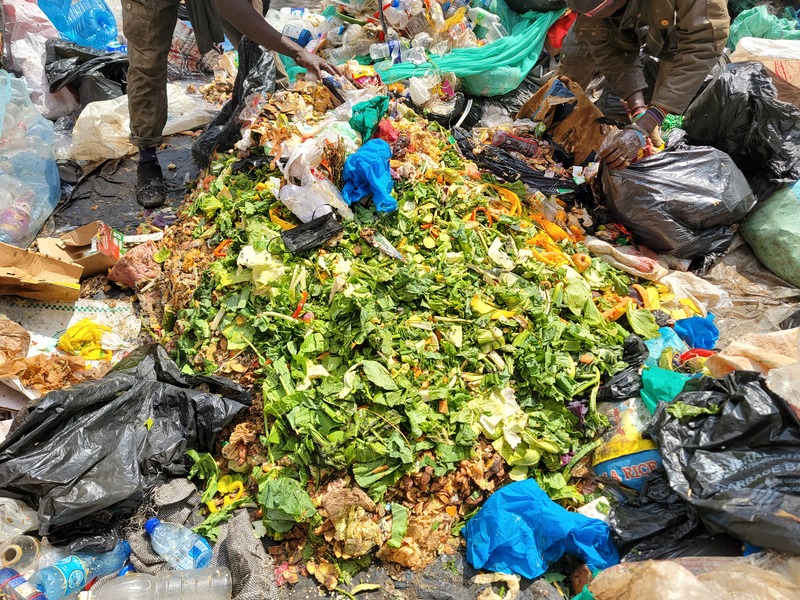 Youth from Backyard Self Help Group in Eastleigh sorting food waste. (Photo: Ahmed Shafat)
Youth from Backyard Self Help Group in Eastleigh sorting food waste. (Photo: Ahmed Shafat)
Abubakar and his peers' lives have transformed greatly since joining the group. "I love this job because it has changed my life. I no longer have to beg for food. We are happy because we always have something to eat, and we support one another.”
Abubakar, who reunited with his family at the age of 18, now feels more dependent.
"I left home due to poverty. There was no food. I learned about money at a young age, but now I understand its impact. Whatever I earn, I share with my mother and sister," he said.
The food waste collected is packed into 50-kg bags and sold to farmers in need of animal feed, such as those raising chickens, pigs, and other livestock. The demand, especially from clients in Kiambu, continues to increase daily.
Kennedy Bahati, now 24 years old, has found refuge in the Backyard Self-Help Group in Eastleigh after completing his secondary education and facing challenges while continuing his education.
"I started supporting myself at the age of 14 due to difficulties at home. Initially, finding work was very hard, but since joining this group, my life has changed, and I am very happy," Bahati said.
He highlighted the high demand for food waste, noting that they sometimes struggle to meet the demand.
"On a good day, each of us can earn about Sh800 just from selling food waste to farmers. The waste is categorised based on what animals it can feed—chickens, dogs, cats, and pigs," said Bahati.
Bahati also shared the challenges they face, such as frequent injuries while sorting through the waste. "Getting cut by glass or other sharp objects is common because people mix food waste with other items. Despite the risks, we keep working," he said.
According to Bahati, they used to sell a 50-kg bag for between Sh200 and Sh300, but due to customer complaints about tough economic times, they now sell at a lower price of Sh200, impacting their business.
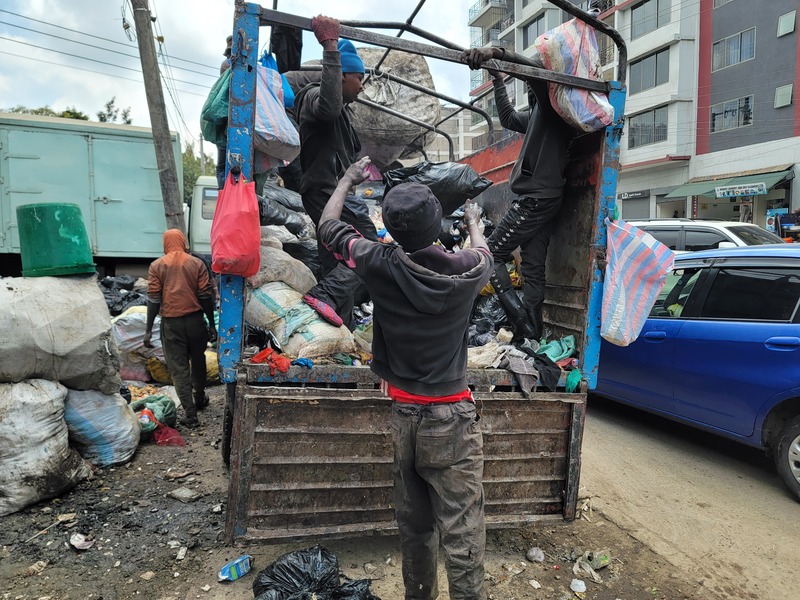 Youth from Backyard Self Help Group in Eastleigh load a lorry with food waste. (Photo: Ahmed Shafat)
Youth from Backyard Self Help Group in Eastleigh load a lorry with food waste. (Photo: Ahmed Shafat)
Growing up on the streets, many people are accustomed to scavenging for food in trash bins, a habit that members of the self-help group continue to uphold.
"Sometimes we find very good food and fruits in the trash, which we consume ourselves. We've never gotten sick from what we eat," said Bahati.
Denis Irungu, the secretary of the Backyard Self-Help Group, explained that the group was established in 2014 and officially registered. Over the years, they have witnessed numerous lives transformed through the group's efforts.
"We have around 20 members working here. We recycle food waste, plastics, and cardboard boxes. We have partnerships with various companies that collect plastics and boxes, while we sell the food waste to farmers who also purchase them," Irungu said.
He described their daily routine, which involves sourcing food waste, boxes, and bottles from various locations, sorting them, and then selling them. "In our organisation, we have rules and hold weekly meetings to ensure order and discipline, which has significantly reduced crime as members stay occupied and engaged," said Irungu.
However, he highlighted challenges such as the scarcity of materials and occasional harassment from officials. "We remain optimistic that, with some assistance and support, we can further transform lives and make a greater impact," said Irungu.
Top Stories Today

